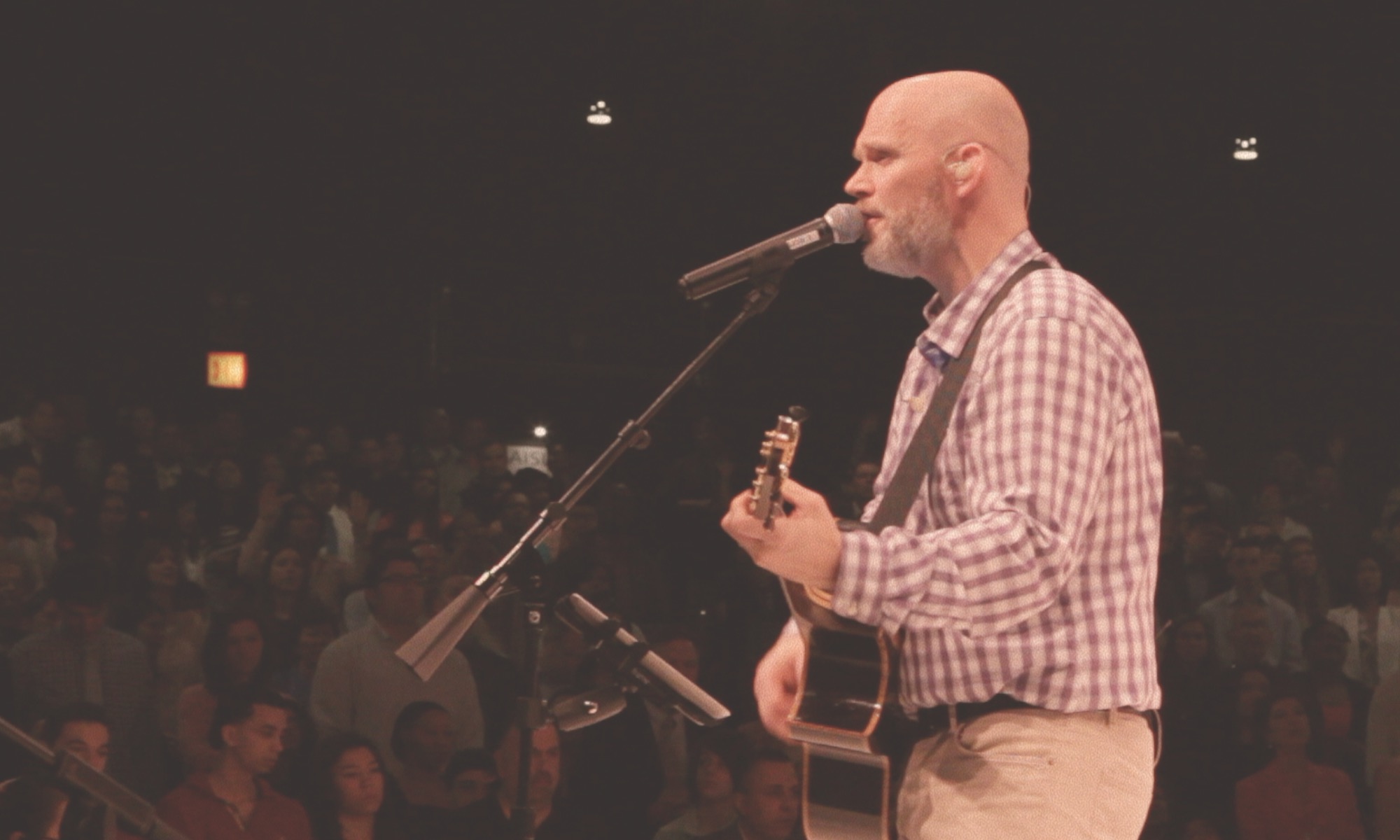It took me a long while to get used to playing/singing with in-ear monitors (IEM). I’m sure part of it was my own slow adapting, but there’s still part of me that goes back and forth on their usefulness. As a worship leader, I believe one of my jobs is to respond to what is happening among the worshippers I am leading. The IEMs cut you off from hearing them. Sure, you can have audience mics, but they’re never going to be anywhere near perfect and they are the first things that get cut in a “crisis” situation (you worship leader out there know what I mean).
I remember I was having a conversation with an experienced engineer and he told me that hearing the congregation was not important – that it did nothing more than to build up the leader’s ego. I completely disagree!
There are not many greater privileges than hearing the people of God sing to Him. To hear them cry out to Him. It moves me and I believe it moves the heart of God (See Genesis 18:16-33 (Abraham); Exodus 32:7-14 (Moses)). Why would I want to do anything that impedes this?
All this said, IEMs can be a good tool. You can definitely hear yourself better and if you use click tracks or loops they are an absolute necessity. They can truly improve some musicians’ playing and/or singing. Wedges can make getting a good house mix difficult (especially with an inexperienced engineer) – I am well aware of this. But, there is a lost art to getting a good wedge mix AND a good house mix.
A good balance is to use one ear. You need to trade ears often as you don’t want them to wear unevenly :). I know many don’t advocate this, but some find it to be a good compromise.
The key is not the choice between IEMs or wedges. It is the worship leader/team’s ability to hear and respond to those they are leading. That should have higher priority than the technology we use to hear ourselves.

Great comments over at Facebook… http://www.facebook.com/benwardmusic?v=feed&story_fbid=202151129368
I think the problem is made worse if the worship team is being illuminated with stage lighting that makes it impossible to see the congregation, who may be worshiping in darkness. I can usually tell how the congregation is responding by seeing them. Even if I can’t hear them, I can see them praising and worshiping, and make a decision to do another chorus or play interlude music while speaking scripture or some other edifying vocalization.
In our case, I cannot usually hear the congregation singing, even without the earbuds, but I can see them. We never turn the lights down so low that the people in the congregation dissapear completely.
Good point, Alan. I agree that seeing is important as well.